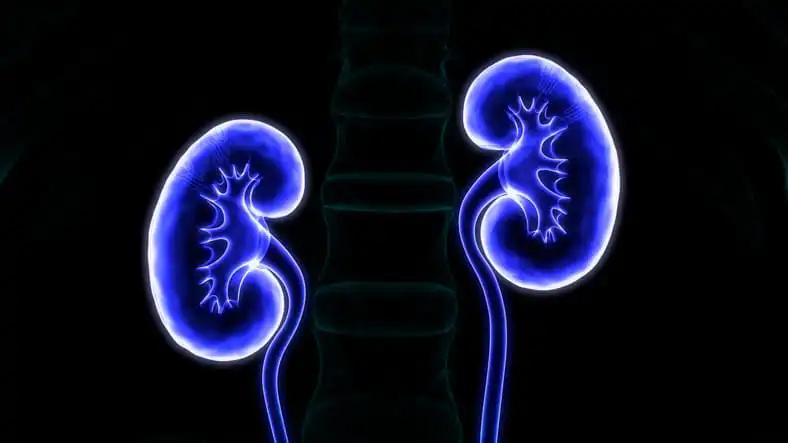KEY TAKEAWAYS
- The study aimed to investigate the predictive factors influencing ICI efficacy in patients with bladder cancer.
- Smoking history predicts immunotherapy response in bladder cancer, prompting personalized treatment approaches; further investigation is ongoing.
The therapeutic effectiveness of immune checkpoint inhibitors (ICIs) in bladder cancer varies among individuals. Identifying reliable predictors of response to these therapies is crucial for optimizing patient outcomes.
Jianqiu Kong and the team aimed to assess the predictive value of smoking history for immunotherapy outcomes in patients with bladder cancer.
They performed an inclusive analysis of 348 patients with bladder cancer treated with ICIs, supplemented by validation from 248 patients with PD-L1 immunohistochemical staining data. The study examined patient smoking history, clinicopathological characteristics, and immune phenotypes to correlate these factors with immunotherapy outcomes. Multivariate logistic and Cox proportional hazard regressions were employed to adjust for confounders.
About 348 patients with bladder cancer received ICIs showed 116 (33.3%) never smokers, 197 (56.6%) former smokers (median pack-years = 28), and 35 (10.1%) current smokers (median pack-years=40). Overall survival differences across smoking statuses were not statistically significant (objective response rates: 11.4% current smokers, 17.2% never smokers, and 22.3% former smokers; P=0.142, 0.410, and 0.281, respectively).
However, a trend suggested better immunotherapy response in former smokers versus current and never smokers. In a validation cohort of 248 patients, PD-L1 expression was notably higher in former smokers (55%) versus current (37%) and never smokers (47%), highlighting smoking history’s potential impact on the tumor microenvironment and ICI responsiveness.
The study concluded that incorporating smoking history is crucial for predicting immunotherapy response in bladder cancer, emphasizing its role in personalized treatment approaches. Further research is recommended to explore lifestyle factors’ comprehensive impact on treatment outcomes.
The study was funded by the National Natural Science Foundation of China, the Guangzhou Municipal Basic Research Program Jointly Funded by City, University, and Enterprise Special Project, and the Natural Science Foundation of Guangdong Province.
Source: https://pubmed.ncbi.nlm.nih.gov/38938564/
Kong J, Zou Y, Zhou H, et al. (2024). “Assessing the predictive value of smoking history for immunotherapy outcomes in bladder cancer patients.” Front Immunol. 2024 Jun 13;15:1404812. doi: 10.3389/fimmu.2024.1404812. PMID: 38938564; PMCID: PMC11208302.



